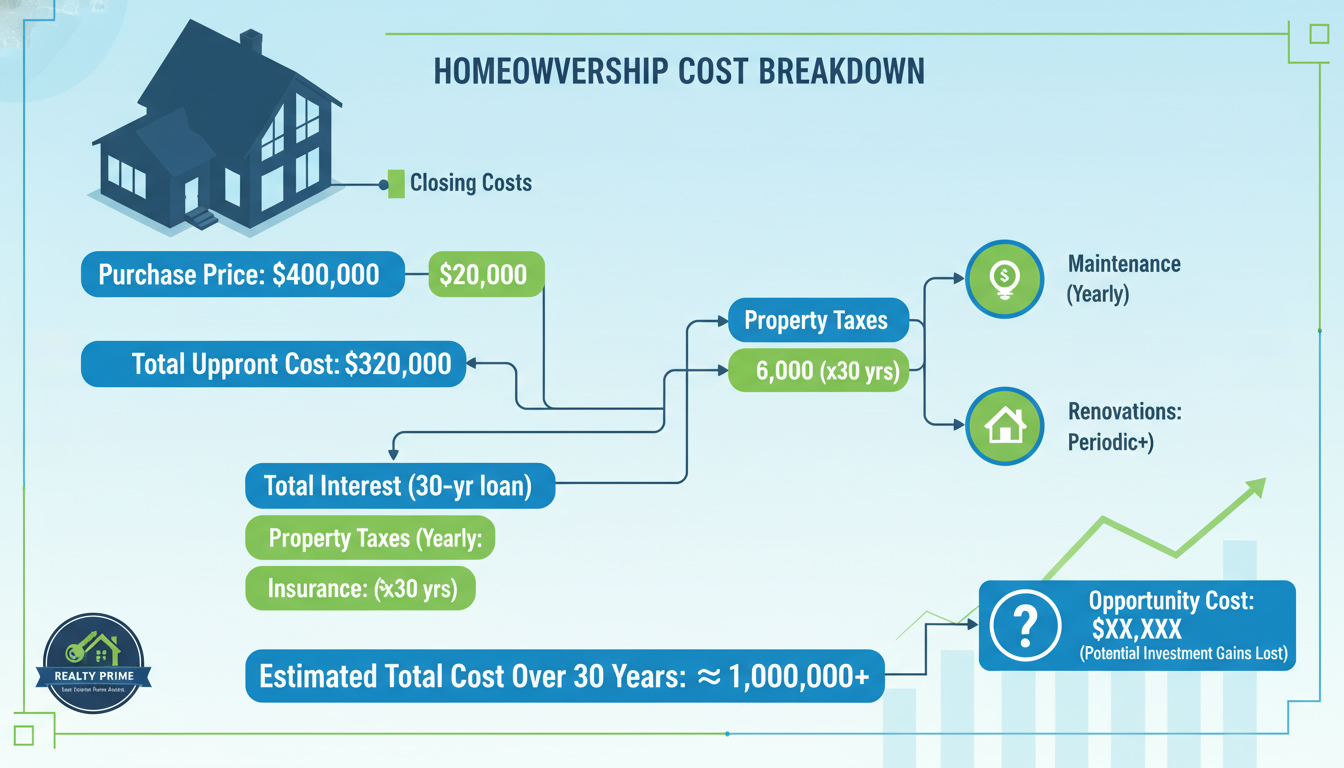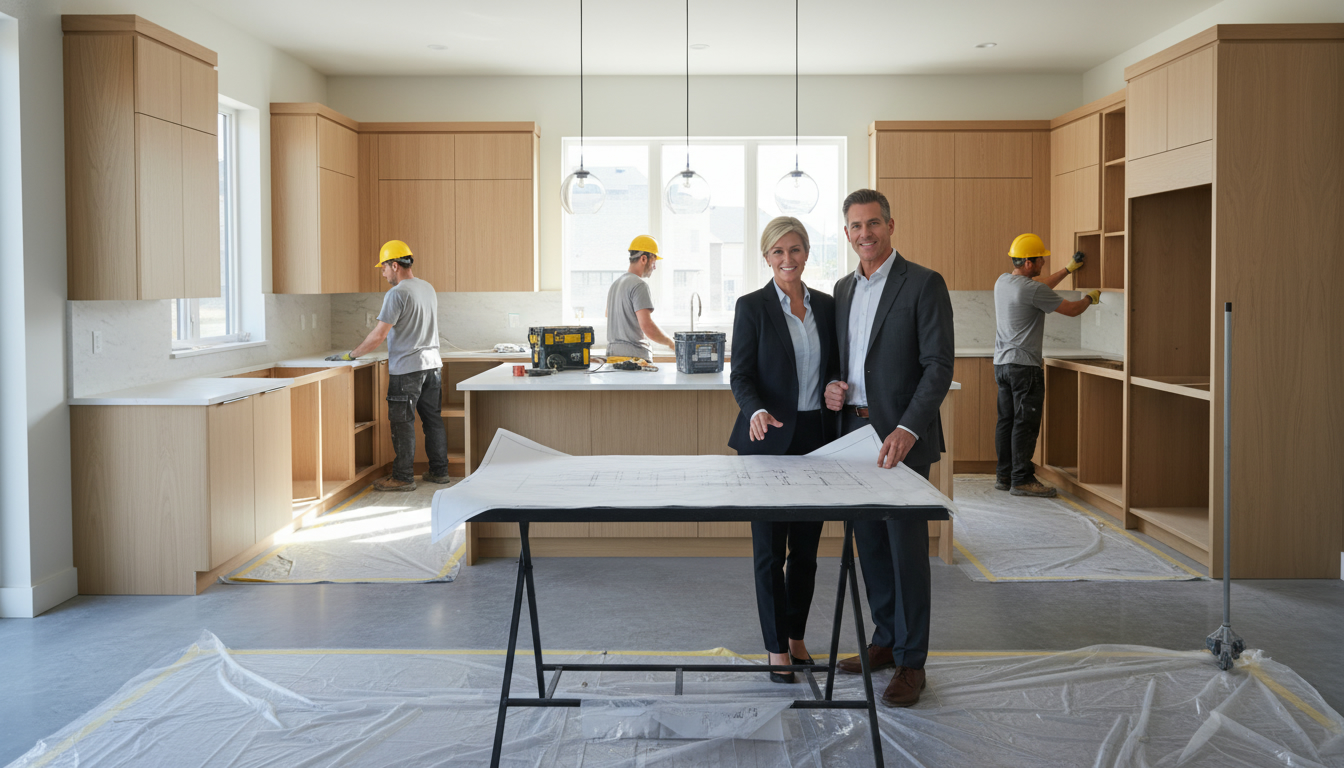Should I renovate before moving in or after?
Should you renovate before moving in or wait until after? The single decision you make will control your budget, stress and resale value.
Quick answer: Renovate before moving in — usually
If you want less disruption, better quality control and higher ROI on major upgrades, renovate before you unpack. For cosmetic updates or small upgrades, renovate after. This simple rule saves homeowners time and money and prevents buyer’s remorse.
Why renovate before moving in (and when it’s mandatory)
- Major structural work? Always before. Kitchens, bathrooms, flooring, and wall relocations are disruptive and require empty space. Doing this first eliminates living in dust and juggling contractors.
- Better quality control. You can supervise contractors, pick finishes with clear sightlines, and catch mistakes before they affect your belongings.
- Faster timeline to full functionality. Move in once, not twice.
Keywords: home renovation timing, renovations & upgrades, renovate before moving in.

When renovating after moving in makes sense
- Small cosmetic work: paint, light fixtures, or cabinet hardware can be done room-by-room with minimal disruption.
- Budget constraints: Stage renovations over time to spread cost and match cash flow.
- Unknown needs: Live in the home 30–90 days to identify what truly matters before committing to major upgrades.
Keywords: renovate after moving in, home upgrades, cost-effective renovations.
A 3-step decision framework (use this now)
- Classify the project: structural/major systems vs cosmetic. Major = before. Cosmetic = after.
- Calculate cost vs disruption: If renovation cost + temporary housing > premium of doing it yourself while living there, do it before.
- Check ROI and resale timeline: If you plan to sell in 1–3 years, prioritize high-ROI upgrades (kitchen, bathrooms, curb appeal). If you’ll stay 5+ years, phase upgrades to match lifestyle.
Keywords: ROI on renovations, home upgrade ROI.
Practical tips to reduce cost and stress
- Get three bids and fixed-price contracts.
- Prioritize plumbing and electrical first.
- Move valuables off-site or into clear storage.
- Schedule work in phases to maintain one livable bathroom or kitchen if you must live through upgrades.
Final recommendation — clear, direct, proven
If you’re tackling major renovations and can afford short-term housing or a little waiting, renovate before moving in. If you’re tight on cash and work is cosmetic, move in and upgrade room-by-room. Either way, work with a realtor who understands renovations and resale value to plan upgrades that pay back.
Need a clear plan tailored to your home? Contact Tony Sousa, local realtor and renovations expert: tony@sousasells.ca | 416-477-2620 | https://www.sousasells.ca





















